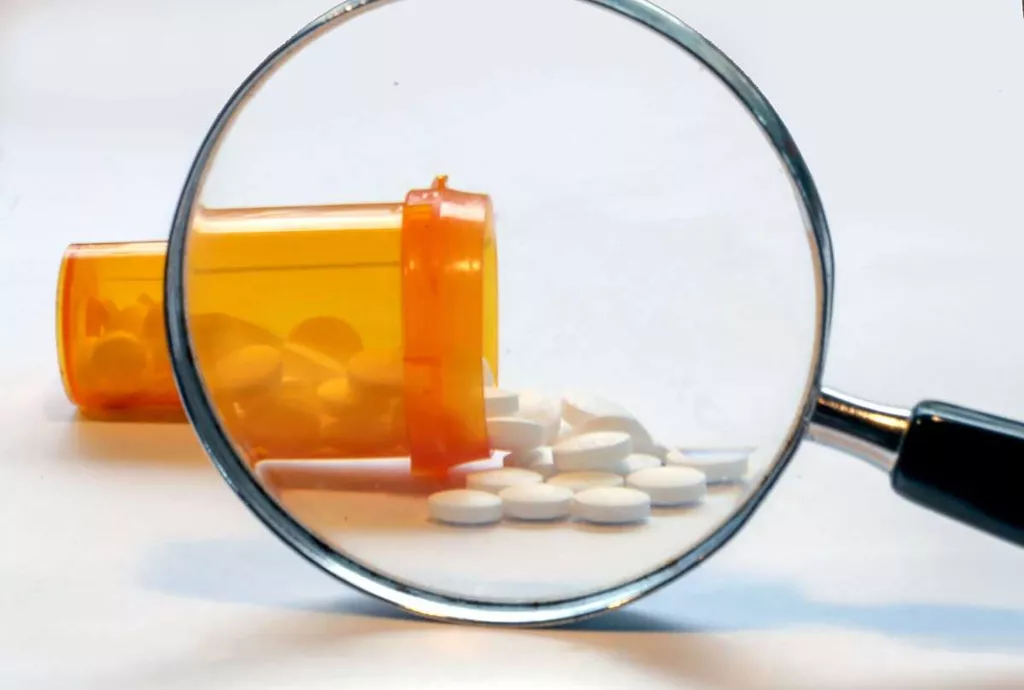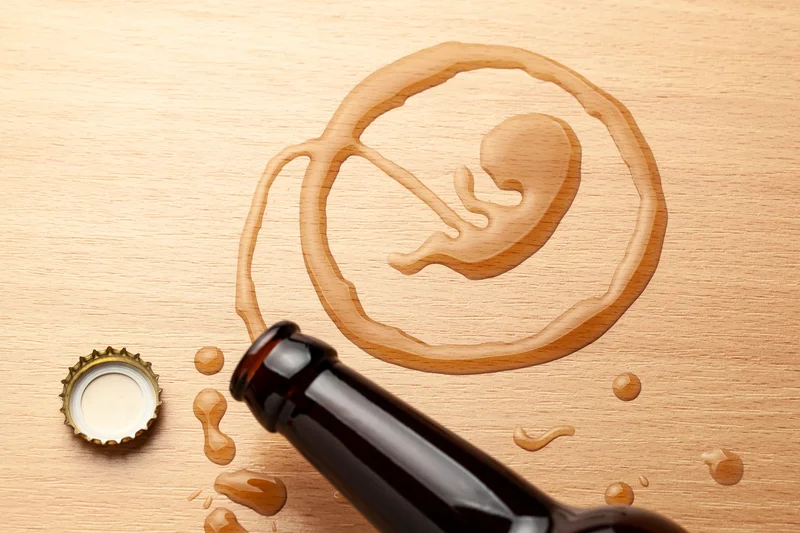
Often, people drink because they're stressed or anxious, and they think alcohol provides an instant cure. Of course, not everyone who drinks has a problem, but a break from alcohol can allow people to Halfway house consider how much they're drinking and why. It usually takes a month to see the benefits of stopping, but in my experience they become apparent relatively quickly. You will experience improved sleep, better digestion, noticeable weight loss (assuming you do not replace alcohol with terrible food), and a healthier-looking complexion. Heavy drinkers may experience withdrawal symptoms more intensely than moderate drinkers.
Increased Energy and Productivity
For many people, this is the beginning of improved quality of life. It’s important to note that delirium tremens is extremely dangerous and can be fatal if left untreated. Approximately 3% to 5% of heavy drinkers experience DTs when withdrawing. It’s important to know the difference between mild alcohol withdrawal and severe alcohol withdrawal.

How do I stay motivated after the first week sober?
Saving the money you would have spent on alcohol will provide you $300–$400 or more by this second week. New benefits will also become noticeable as you put withdrawal behind you. You might think that a regular what happens when you stop drinking alcohol glass of red wine or other alcoholic beverages might be good for your heart.
Alcohol Addiction Treatment in Georgia

As you spend time reflecting on your journey, your next steps will become more clear. For some, that may mean continuing to benefit from an alcohol-free lifestyle. For others, it could mean exploring moderation while implementing new boundaries and tools such as mindful drinking. It’s important to remember that your goal can change over time, too. Whatever your next step, continuing to build a healthier relationship with alcohol is something to be incredibly proud of.

Benefits of Three Weeks Without Alcohol
- Engaging in alcohol therapy can help you work through these feelings with expert guidance.
- It may feel uncomfortable at first to ask for help and explore additional resources.
- It’s possible that you may experience a setback somewhere throughout your journey, whether it’s a few weeks in, or a few months down the road.
- People in late-stage recovery may experience complex emotional states that can lead to relapse.
Most people with mild to moderate alcohol withdrawal don’t need treatment in a hospital. But severe or complicated alcohol withdrawal can result in lengthy hospital stays and even time in the intensive care unit (ICU). Your healthcare provider will recommend and encourage treatment for alcohol use disorder.

